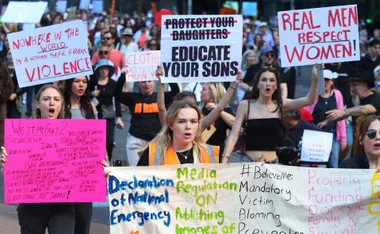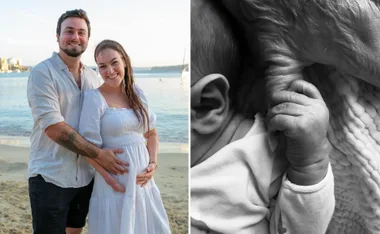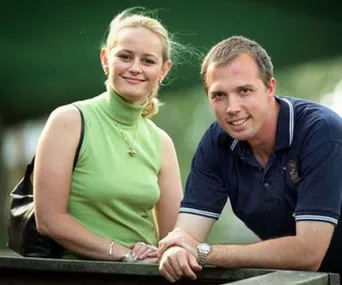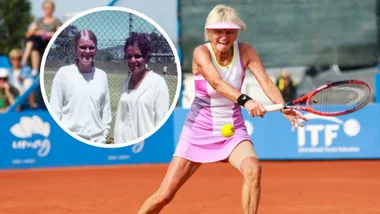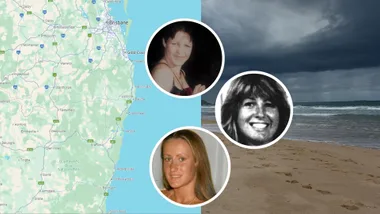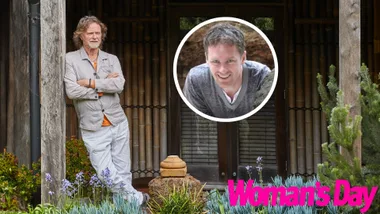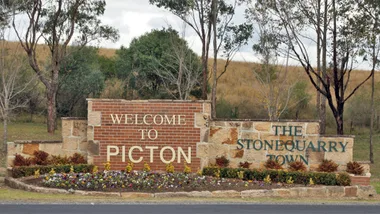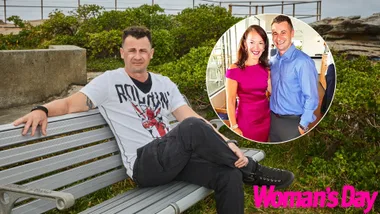Treasurer Joe Hockey announced the cuts and introduced taxes in one of the most feared budget speeches in decades.
Mothers will feel the weight of these announcements, as they, along with the entire nation, will be charged $7 as a Medicare co-payment each time they and their children visit the doctor from July 2015.
School pick-ups and drop-offs will be a more costly routine, with the Treasurer announcing a petrol excise. Prices will increase twice a year in line with inflation.
As the price of petrol increases, all Family Tax Benefit (FTB) payments will be frozen and remain at current rates for two years, saving the Government $2.6 billion over four years.
Families benefitting from the FTB Part B will be hit by the biggest changes, now limited to those with a combined income under $100,000 (down from $150,000 set by Labor), and only until the youngest child turns six. FTB Part B pays families with a child under five years old up to $4,241 and families with a five to eight year old $3,070.
There is some good news for single mothers who are on a low income and have children aged six to 12 years. They will receive $750 per year as an “assistance” package to reduce the initial shock of cuts and introduced taxes.
Mothers earning $100,000 or less will be assisted by the Abbott government’s paid parental leave scheme, which will pay women their full wage for the first six months of maternity leave.
“We’re a nation of lifters, not leaners,” Hockey said in his budget speech.
Women and men earning over $180,000 per year will be doing much of the heavy lifting with the announcement of a Temporary Budget Repair Levy of two percent for high income earners for the next three years.
Young people will also bear the brunt of expenditure cuts, with under 25-years-old ineligible for Newstart from January 2015. They will only be eligible for youth allowance. People under 30 years of age who become unemployed will have to wait six months before they become eligible for the dole. Such measures are expected to put pressure on parents, particularly mothers, who may need to support their adult children through unemployment.
Students will face increased HECS debts as the interest rate applied to HELP loans will increase to reflect ‘the cost of the government borrowings’ rather than inflation. The deregulation of higher education fees will also impact young women wanting to study, as universities will be able to set their own fees from January 2016. Many believe that while this may improve the quality of many courses, it will make it more difficult for those from lower socioeconomic backgrounds to attend university. On the upside, 20 per cent of additional revenue from fees will be funnelled into commonwealth scholarships.
While Joe Hockey has already announced the pension age will rise from 67 to 70 by 2035, he announced pensions would be indexed to inflation rather than wages from September 2017, which is a lower rate (and payment) for pensioners.
Older Australians will find it tougher to get the Commonwealth Seniors Health Card, with untaxed superannuation now included in the income test. However, older women may now find the job hunt easier with the Abbott government announcing $10,000 incentive payments to employers hiring unemployed Australians in their 50s and 60s.
Hockey vowed that all funds from the introduced medical co-payment will go directly to the $20 billion Medical Research Future Fund while all revenue raised from petrol hikes will go directly into infrastructure.
These new charges, along with the Temporary Budget Repair Levy will need to make it through the Senate before being implemented. At this stage, the petrol excise is the only new tax reported to make it through the Senate, with the Greens throwing their support behind the scheme.

